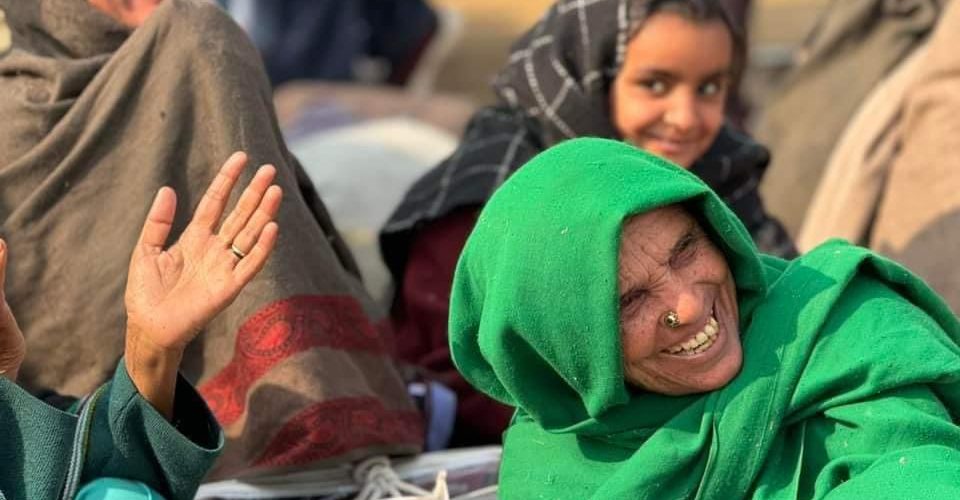Balochistan is witnessing a historic movement against the longstanding dilemma of enforced disappearances and Baloch genocide. Led by the Baloch Yakjeeti Committee, this peaceful journey from Turbat to Islamabad spans over 60 days, driven by a collective demand to end the atrocities against the Baloch people.
The movement’s inception traces back to the tragic incident involving Balach Moula Baksh in Turbat. Despite a ten-day remand granted by the district and session judge, Balach Moula Baksh faced an untimely demise, allegedly in a fake encounter at the hands of the Counter Terrorism Department (CTD). This heartbreaking incident fueled the committee’s determination to expose and resist the ongoing challenges in Balochistan. The journey faced numerous challenges as Pakistani forces attempted to thwart it at every step.
Undeterred, the Baloch Yakjeeti Committee rallied supporters from various regions, converging on Islamabad to amplify their voices. Despite international media support and advocacy, the Pakistani state remained indifferent to the movement’s demands.
Dr. Mahrang Baloch, a key representative, emphasized the need for a UN Committee visit to investigate the conditions in Balochistan.
Frustrated by the lack of attention to constitutional rights, the movement participants, led by Dr. Mahrang Baloch, decided to stage sit-in camps in front of the UN office in Islamabad.
The struggle extends beyond male activists, with hundreds of resilient Baloch women joining the movement. On the 68th day of their sit-in protest at the National Press Club in Islamabad, these women and many family members of victims endured freezing temperatures in makeshift tents.
The movement gained momentum after the killing of 22-year-old Balaach Mola Baksh, prompting hundreds of women to embark on a thousand-mile march from Turbat to Islamabad. Their resilience is evident as they continue to protest, facing government repression and a heavy police presence. Najma Baloch, a voice among the protesters, narrates the tragic tale of her brother’s enforced disappearance, subsequent court appearance, and staged encounter leading to his death.
This movement has become a symbol of resistance, born out of the collective anguish of families affected by enforced disappearances. The protesters demand the return of their loved ones and accountability for those responsible. Despite facing charges, the women-led movement remains unyielding, standing against the misuse of power, exploitation of resources, and the denial of equal rights to Baloch citizens.
At the time of writing this piece, the Baloch Long March marked its 68th day without substantial government response. The Baloch Yakjeeti Committee calls upon the global community to join their cause. The movement persists, echoing the cries for justice and an end to the enforced disappearances and genocides haunting the people of Balochistan.








Add comment